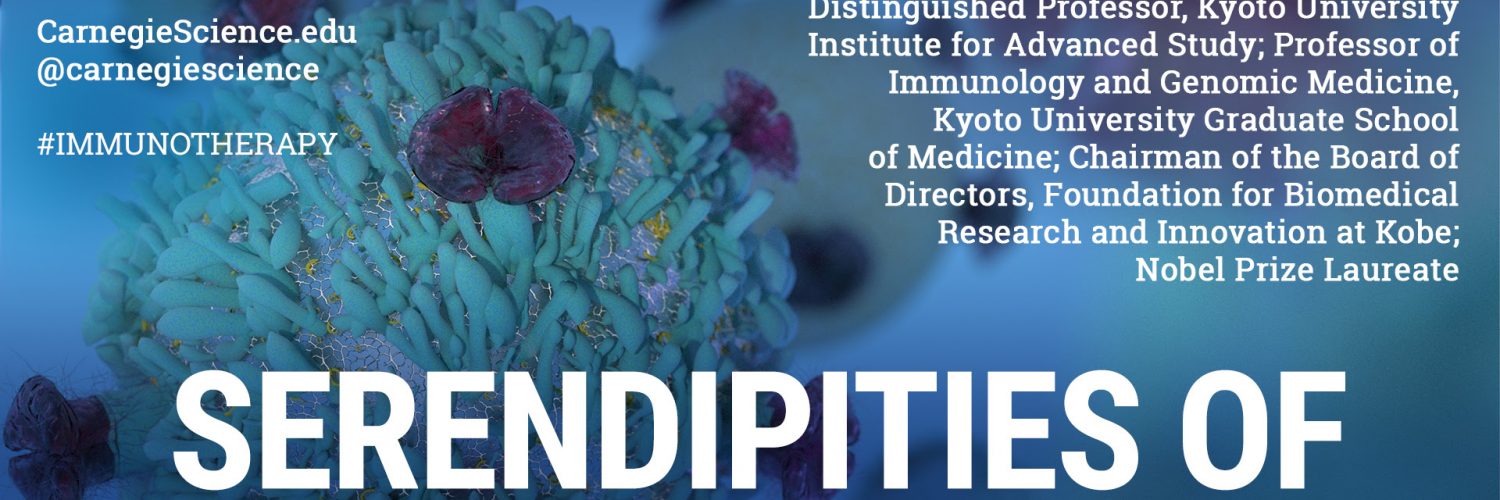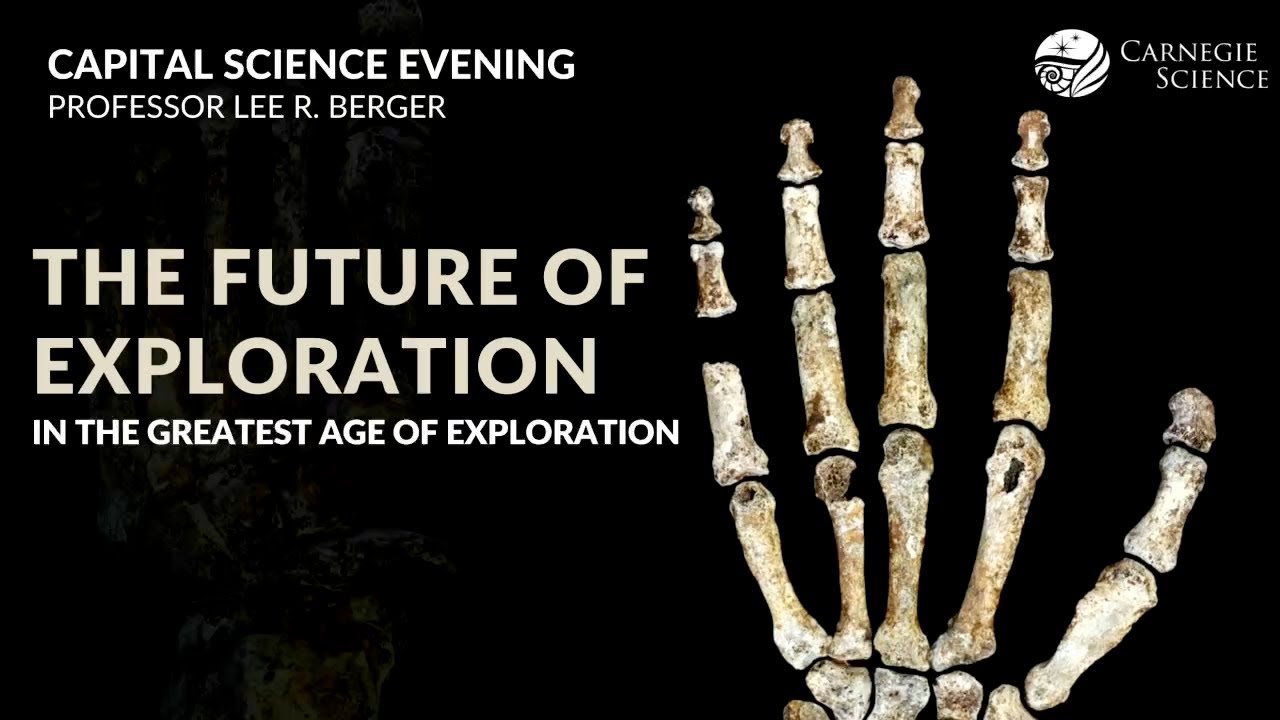Cancer kills millions of people every year and is one of humanity’s greatest health challenges. By stimulating the inherent ability of our immune system to attack tumor cells, Dr. Honjo helped establish an entirely new principle of cancer therapy that is often compared to the revolutionary discovery of penicillin for the treatment of infectious diseases. In 1992, he discovered a protein on immune cells called PD-1 and revealed that it operates as a brake, preventing the immune system from perceiving its own body as a threat— which is called an autoimmune response. But it also holds the body back from fighting cancer as hard as it can. The FDA approved the first PD-1 checkpoint inhibitor, pembrolizumab, to treat melanoma in 2014. Since then, the agency has approved at least four more PD-1 inhibitors for the treatment of nine types of cancer. Last year, Dr. Honjo shared the Nobel Prize in Physiology or Medicine for this breakthrough work.
Dr. Tasuku Honjo: Deputy Director-General and Distinguished Professor, Kyoto University Institute for Advanced Study; Professor of Immunology and Genomic Medicine, Kyoto University Graduate School of Medicine; Chairman of the Board of Directors, Foundation for Biomedical Research and Innovation at Kobe; 2018 Nobel Prize Laureate in Physiology or Medicine
#Immunotherapy
September 17, 2019 at the National Academy of Sciences





